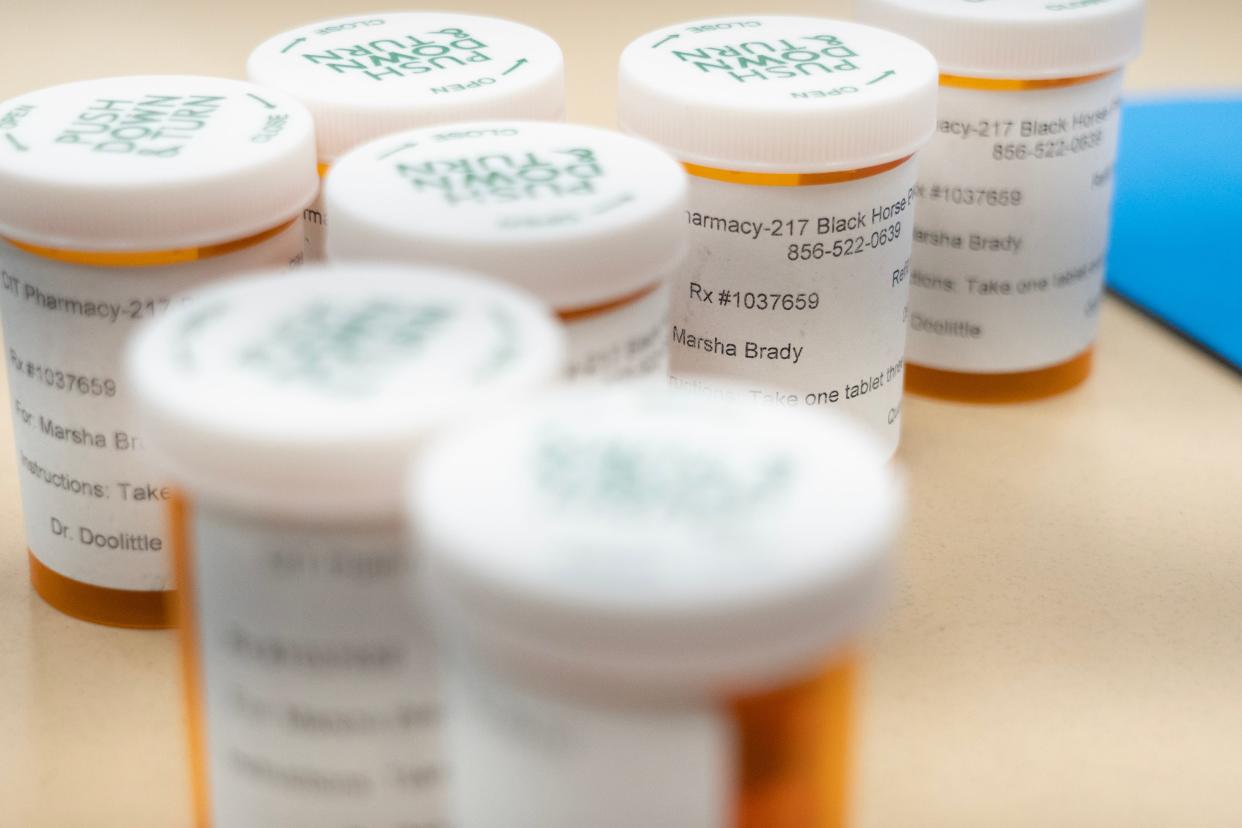Cedar Grove man sentenced to 15 months for $6 million health care fraud

A Cedar Grove man has been sentenced to 15 months in prison for a scheme intended to defraud public and private health benefits programs of over $6 million through the billing of compounded prescriptions that were not medically necessary, U.S. Attorney Philip R. Sellinger said.
Michael Drobish, 46, the former owner of a New Jersey marketing company, previously pleaded guilty to the charges of conspiracy to commit health care fraud.
Sellinger said, "The defendant exploited the health care system by taking advantage of reimbursements for compounded medications that were enormously expensive but medically unnecessary."
In addition to 15 months in prison, Drobish has been sentenced to three years of supervised release. As a part of his plea agreement, he also will forfeit $532,650 and will pay about $6.1 million in restitution.
"This defendant has now been held accountable for his role in the criminal conspiracy. These compounding fraud schemes cause millions in losses to the health care systems with zero benefit to beneficiaries. We will continue to combat this kind of health care fraud with our law enforcement partners," Sellinger said.
Tipping culture Why is everyone asking for tips? How tipping culture in America is changing
Drobish would use his marketing company to hire sales representatives to target individuals who had insurance plans that covered compounded medications, a statement said.
Compounding is "a practice in which a pharmacist or physician combines, mixes, or alters ingredients of a drug to create a medication tailored to the needs of an individual patient," the release said. Compounded drugs are not approved by the Food and Drug Administration but are often prescribed when an FDA-approved drug does not meet a patient's needs.
A sales representative would try to convince the customer, often by providing them with cash payouts, to get prescriptions for compound medications even if they did not need them. The marketing company would then pay telemedicine companies to write the prescriptions without any examination of the patient.
Additionally, Drobish conspired with certain compounding pharmacies, which, after filling the prescription, would receive an exorbitant reimbursement from the insurance plans. Drobish would receive a percentage of the reimbursement and would give a "commission" payment to the sales representative.
The TRICARE health care system for military members and their families was among those defrauded by this scheme, said Special Agent in Charge Patrick J. Hegarty, of the Northeast Field Office of the Defense Criminal Investigative Service, the law enforcement arm of the Department of Defense Office of Inspector General.
"Schemes to bill TRICARE for medically unnecessary services put our beneficiaries at risk and burden the TRICARE program," Hegarty said. "We will continue to partner with the U.S. Attorney's Office and the FBI to protect the integrity of the TRICARE system."
This article originally appeared on NorthJersey.com: Cedar Grove NJ man sentenced to 15 months for fraud scheme

